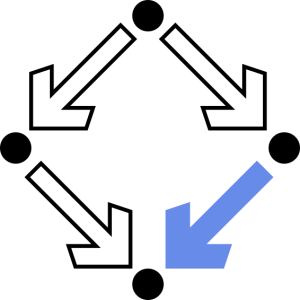| |
|
|
|
|
|
No events, Sunday, 1 February
1
No events, Sunday, 1 February
1
|
|
No events, Monday, 2 February
2
No events, Monday, 2 February
2
|
No events, Tuesday, 3 February
3
No events, Tuesday, 3 February
3
|
No events, Wednesday, 4 February
4
No events, Wednesday, 4 February
4
|
No events, Thursday, 5 February
5
No events, Thursday, 5 February
5
|
No events, Friday, 6 February
6
No events, Friday, 6 February
6
|
No events, Saturday, 7 February
7
No events, Saturday, 7 February
7
|
No events, Sunday, 8 February
8
No events, Sunday, 8 February
8
|
|
No events, Monday, 9 February
9
No events, Monday, 9 February
9
|
No events, Tuesday, 10 February
10
No events, Tuesday, 10 February
10
|
No events, Wednesday, 11 February
11
No events, Wednesday, 11 February
11
|
No events, Thursday, 12 February
12
No events, Thursday, 12 February
12
|
No events, Friday, 13 February
13
No events, Friday, 13 February
13
|
No events, Saturday, 14 February
14
No events, Saturday, 14 February
14
|
No events, Sunday, 15 February
15
No events, Sunday, 15 February
15
|
|
No events, Monday, 16 February
16
No events, Monday, 16 February
16
|
No events, Tuesday, 17 February
17
No events, Tuesday, 17 February
17
|
No events, Wednesday, 18 February
18
No events, Wednesday, 18 February
18
|
No events, Thursday, 19 February
19
No events, Thursday, 19 February
19
|
No events, Friday, 20 February
20
No events, Friday, 20 February
20
|
No events, Saturday, 21 February
21
No events, Saturday, 21 February
21
|
No events, Sunday, 22 February
22
No events, Sunday, 22 February
22
|
|
No events, Monday, 23 February
23
No events, Monday, 23 February
23
|
No events, Tuesday, 24 February
24
No events, Tuesday, 24 February
24
|
No events, Wednesday, 25 February
25
No events, Wednesday, 25 February
25
|
No events, Thursday, 26 February
26
No events, Thursday, 26 February
26
|
No events, Friday, 27 February
27
No events, Friday, 27 February
27
|
No events, Saturday, 28 February
28
No events, Saturday, 28 February
28
|
|
